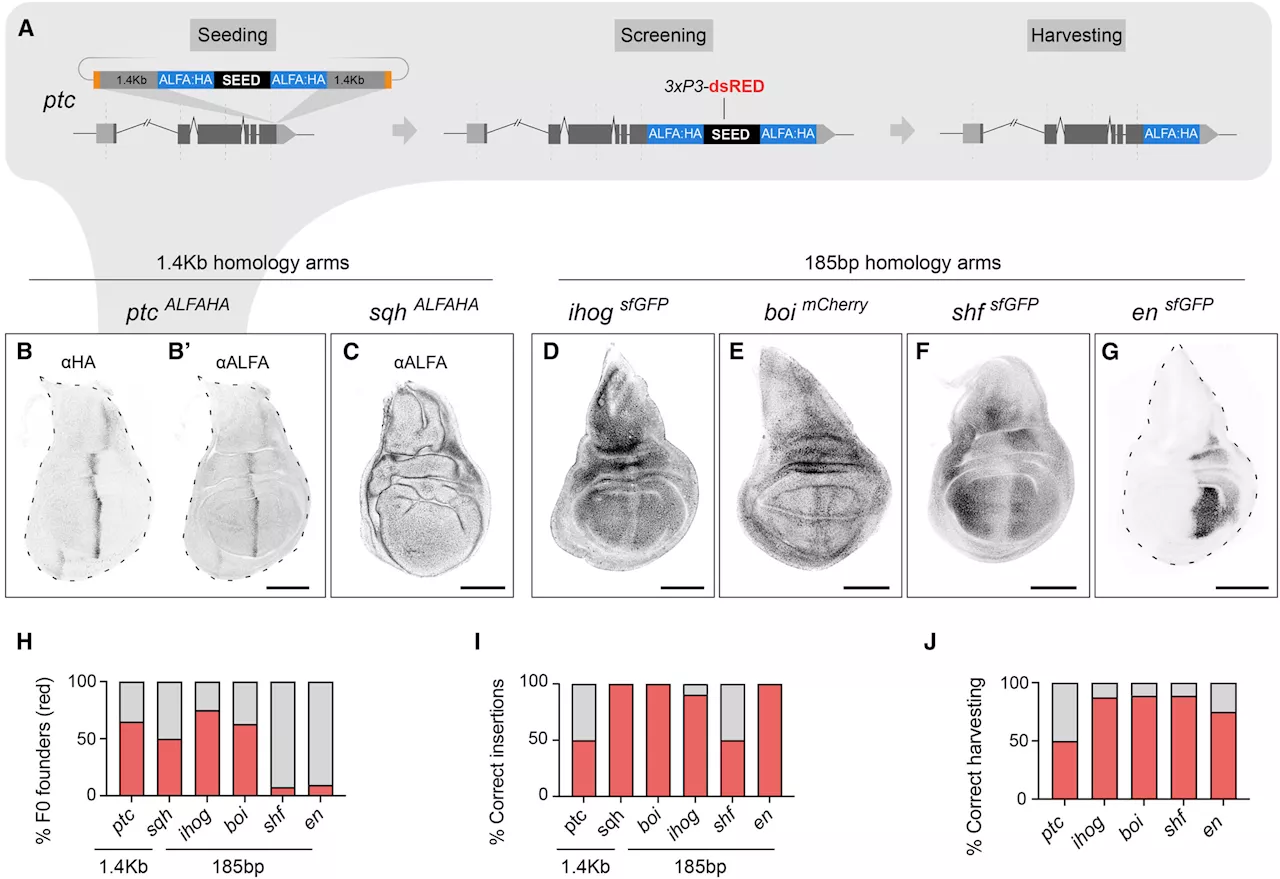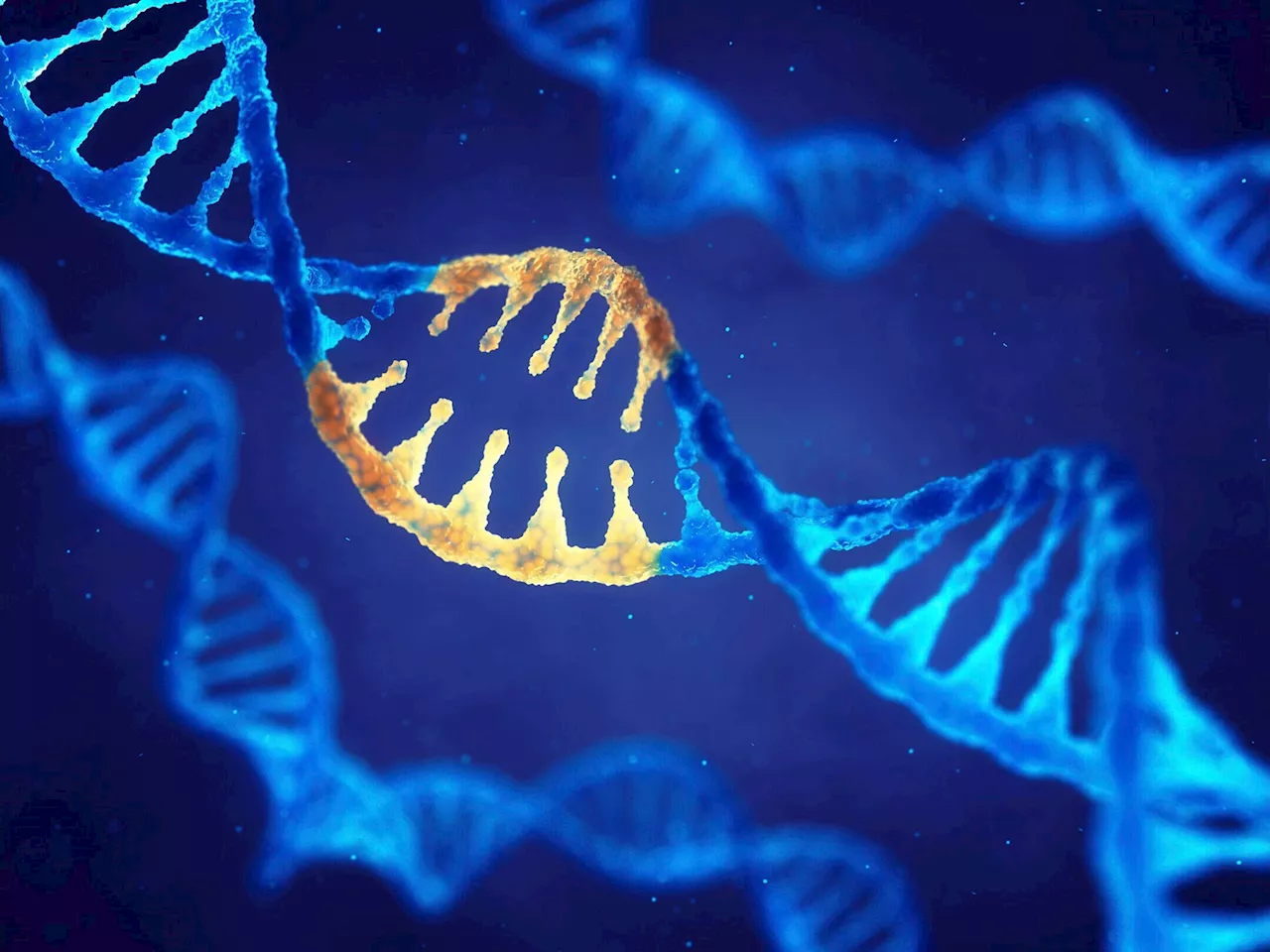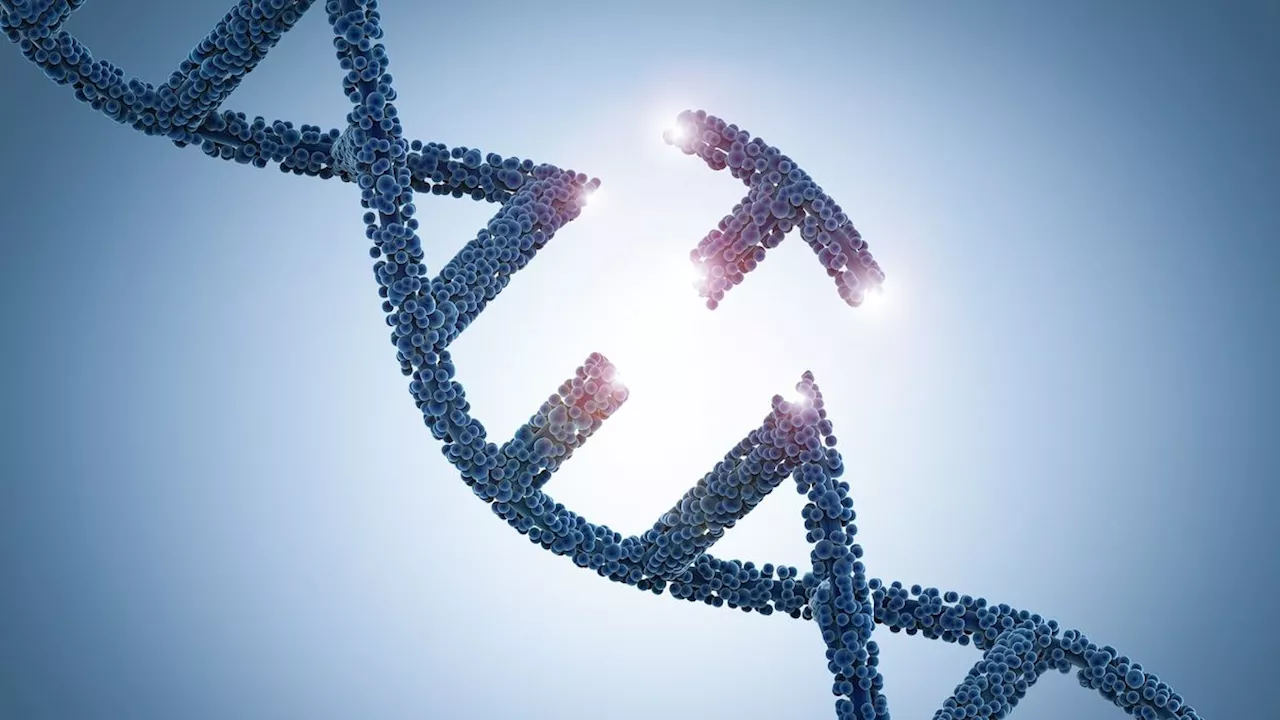I am an anthropologist and bioethicist who investigates the lived experiences of controversial medical treatments.
With their primary goal to advance scientific knowledge, most scientists are not trained or incentivized to think through the societal implications of the technologies they are developing. Even in genomic medicine, which is geared toward benefiting future patients, time and funding pressures make real-time ethics oversight difficult.
Related: 'Who are we to say they shouldn't exist?': Dr. Neal Baer on the threat of CRISPR-driven eugenics By submitting your information you agree to the Terms & Conditions and Privacy Policy and are aged 16 or over.But the societal implications of this technology are still vast. And researchers can already start exploring the ethics by engaging communities well ahead of time.
Losing a baby to severe genetic disease leads to profound suffering for families. But the same genes that cause disease may also create human identity and community. As the National Council on Disability outlined in its report, people with disabilities can have a good quality of life when given enough social support.
Seeing the fetus as a separate patient oversimplifies the maternal-fetal relationship. Doing so has historically downgraded the interests of the pregnant person. Ultimately, researchers can't know whether there would be unintentional, collateral germline edits until decades into the future. It would require editing a significant number of fetuses' genomes, waiting for these fetuses to be born, and then waiting to analyze the genomes of their future descendants.
United States Latest News, United States Headlines
Similar News:You can also read news stories similar to this one that we have collected from other news sources.
 Precise genetics: New CRISPR method enables efficient DNA modificationWith the revolutionary CRISPR/Cas technology, the DNA of living organisms can be precisely altered. Using a guide RNA that recognizes a specific DNA sequence, Cas9 protein is recruited to that sequence and cuts the DNA. This targeted cut allows the DNA to be repaired or altered at this specific location.
Precise genetics: New CRISPR method enables efficient DNA modificationWith the revolutionary CRISPR/Cas technology, the DNA of living organisms can be precisely altered. Using a guide RNA that recognizes a specific DNA sequence, Cas9 protein is recruited to that sequence and cuts the DNA. This targeted cut allows the DNA to be repaired or altered at this specific location.
Read more »
 Precise genetics: New CRISPR method enables efficient DNA modificationA research group has developed a new method that further improves the existing CRISPR/Cas technologies: it allows a more precise and seamless introduction of tags into proteins at the gene level. This technology could significantly improve research on proteins in living organisms and opens up new possibilities for medical research.
Precise genetics: New CRISPR method enables efficient DNA modificationA research group has developed a new method that further improves the existing CRISPR/Cas technologies: it allows a more precise and seamless introduction of tags into proteins at the gene level. This technology could significantly improve research on proteins in living organisms and opens up new possibilities for medical research.
Read more »
 Precise and Scarless DNA Editing: New CRISPR Method Enables Unmatched EfficiencyScience, Space and Technology News 2024
Precise and Scarless DNA Editing: New CRISPR Method Enables Unmatched EfficiencyScience, Space and Technology News 2024
Read more »
 Technology to predict the deformation of DNA origami structures induced by DNA-binding moleculesA research team has developed a technology that can quickly predict the mechanochemical shape changes of DNA origami nanostructures. The team includes Professor Do-Nyun Kim's research team from the Department of Mechanical Engineering at The College of Engineering of Seoul National University.
Technology to predict the deformation of DNA origami structures induced by DNA-binding moleculesA research team has developed a technology that can quickly predict the mechanochemical shape changes of DNA origami nanostructures. The team includes Professor Do-Nyun Kim's research team from the Department of Mechanical Engineering at The College of Engineering of Seoul National University.
Read more »
 Editing for resilience: CRISPR/Cas9 boosts potato stress resistanceScientists have made a significant breakthrough in agricultural biotechnology by using CRISPR/Cas9 to edit the potato genome, resulting in plants with increased resistance to both biotic and abiotic stresses.
Editing for resilience: CRISPR/Cas9 boosts potato stress resistanceScientists have made a significant breakthrough in agricultural biotechnology by using CRISPR/Cas9 to edit the potato genome, resulting in plants with increased resistance to both biotic and abiotic stresses.
Read more »
 Next-generation CRISPR-based gene-editing therapies tested in clinical trialsWith the first CRISPR–Cas9 gene therapy now approved, scientists are turning to newer editing technologies to produce safer, faster and better treatments for genetic diseases.
Next-generation CRISPR-based gene-editing therapies tested in clinical trialsWith the first CRISPR–Cas9 gene therapy now approved, scientists are turning to newer editing technologies to produce safer, faster and better treatments for genetic diseases.
Read more »
